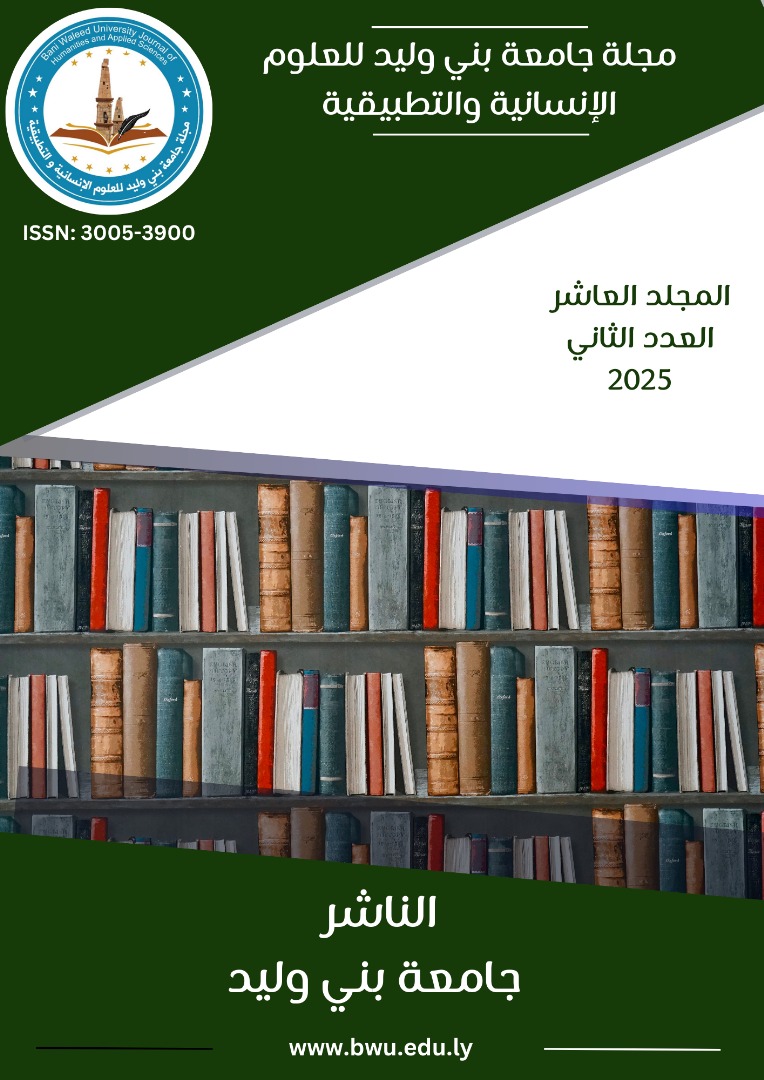The Impact of a Training Program on Nurses' Practices regarding Myocardial Infarction Patients' Care
DOI:
https://doi.org/10.58916/jhas.v10i2.780Keywords:
Training program, practices, nurses, care, myocardial infarctionAbstract
Myocardial infarction is a leading cause of morbidity and mortality globally, and the role of nurses in its management is critical. Methodology: A quasi experimental study was aimed to assess the impact of a training program on improving nurses' practices in the care of myocardial infarction (MI) patients in Wad Medani Heart Diseases and Surgery Center. The sample size consisted of 50 nurses who available during study period. The study conducted in two phases and data were collected using observational checklist to observe and monitor nurse’s performance on myocardial infarction patient’s care pre and post the training program. Data analysis was performed by statistical package for social sciences (spss). Results: Pre-training, many nurses demonstrated inadequate practices in managing potential complications, chest pain and arrhythmias, providing psychological support to patients and families, Additionally, post-training, nurses showed increased competence in delivering discharge education about medications, follow-up and changes in life style after myocardial infarction.
Conclusion: Study concluded that targeted training can enhance nurses' clinical skills, confidence, and knowledge, which ultimately leads to better care for MI patients.
Downloads
References
American heart association. 2023. Heart disease and stroke statistics—2023 update. Circulation. 147(8):e93–e621
World health organization (who). 2022. Global health estimates: leading causes of death. [internet]. [cited 2024 jan 15]. Available from: https://www.who.int/data/gho/data/themes/mortality-and-global-health-estimates
Al-jundi a, sakka s, hammad t. 2021. Protocol for systematic training of nurses in acute myocardial infarction care: a quasi-experimental study. Journal of clinical nursing. 30(5-6):789–797.
Smith a, johnson b, williams c. 2022. Impact of a nurse-led training program on myocardial infarction patient outcomes: a randomized controlled trial. Journal of cardiovascular nursing. 37(3):220–228.
Khan s, anderson l, wilkinson p. 2023. Barriers to effective myocardial infarction management in low-resource settings: a qualitative study. Global heart. 18(1):45.
Jones r, brown m. 2023. Enhancing nurses' competency in myocardial infarction care through simulation training. Nurse education today. 120:105632.
Lee c, park j, kim d. 2024. The effectiveness of case-based learning in improving nurses' clinical judgment in cardiac care. Clinical simulation in nursing. 46:101234.
Wilson a, smith b, jones c, brown d. Nurses' knowledge gaps in post-myocardial infarction care: a cross-sectional study. J clin nurs. 2022;31(5-6):678-685.
Canadian cardiovascular society. 2021 canadian cardiovascular society guidelines for the management of acute myocardial infarction. Can j cardiol. 2021;37(8):1157-1202. Doi:10.1016/j.cjca.2021.05.005.
Taylor j, maclean e, simpson r, et al. Enhancing nursing competency in cardiac care through structured education programs. J adv nurs. 2023;79(4):1456-1468. Doi:10.1111/jan.15562.
Alshammari f, almutairi m, alotaibi n. The impact of simulation-based training on nurses' knowledge and performance in myocardial infarction care: a quasi-experimental study. J clin nurs. 2023;32(5-6):789-798. Doi:10.1111/jocn.16422.
Smith j, jones r, brown p. The association between nurse training programs and improved patient outcomes in acute coronary syndromes: a systematic review and meta-analysis. J cardiovasc nurs. 2022;37(4):e45-e58. Doi:10.1097/jcn.0000000000000831.
Al-jumaili aa, hussein ah, al-rekabi md, et al. Evaluation of nurses' adherence to clinical guidelines in managing acute myocardial infarction post-training intervention. Int j cardiol. 2021;330:23-29. Doi:10.1016/j.ijcard.2021.02.003.
Montejano-Lozoya R, Miguel-Montoya I, Gea-Caballero V, Mármol-López MI, Ruíz-Hontangas A, Ortí-Lucas R. Impact of Nurses' Intervention in the Prevention of Falls in Hospitalized Patients. Int J Environ Res Public Health. 2020 Aug 20;17(17):6048. doi: 10.3390/ijerph17176048. PMID: 32825282; PMCID: PMC7504031.
Al-mugheed k, bayraktar n, al-bashayreh m, et al. Effectiveness of emergency cardiac care training for nurses: a systematic review. Bmc nurs. 2022;21(1):45. Doi:10.1186/s12912-022-00820-6.
Webster KK, Christman NJ. Perceived uncertainty and coping post myocardial infarction. West J Nurs Res. 1988 Aug;10(4):384-400. doi: 10.1177/019394598801000403. PMID: 3188499.













